Associate Professor Tomomi Nakagawa
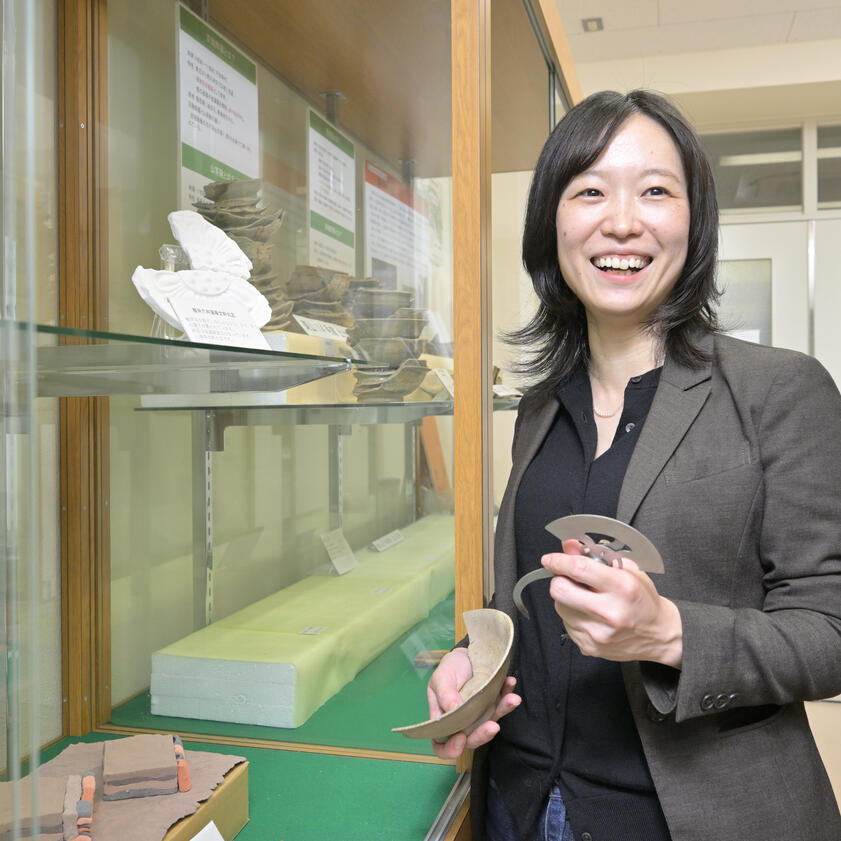
Researchers'
Associate Professor
Tomomi Nakagawa
Graduate School of Humanities
It is pretty common in this profession to feel uncertain about which direction to take in terms of your research, career, and general life plan. There is not really a model case, since the sheer amount of diversity means that everyone’s situation is different. At the end of the day, though, it is my own life, so I try to listen to various opinions, think things through for myself, and then choose what I feel is best. Life is more interesting that way anyway (laughs).
My research focuses on two main themes. One is the study of violence in prehistoric times, along with the factors that led to its emergence and escalation, based on ancient human remains and archaeological evidence. By analyzing injuries on skeletal remains and graves containing weapons, I examine when, where, and to what extent violent incidents occurred. In particular, I explore the societal backgrounds that may have given rise to collective violence, such as social stratification and population pressure.
The second theme involves three-dimensional measurement of archaeological materials. I study ways to optimize the methods and conditions for digitization to obtain higher-quality 3D models. I also compare this 3D data with existing theories to see if there are any differences between the two. Some of this work is conducted through collaborative research.
If I had to sum it up, it was the result of always wanting to learn just a little bit more. The initial spark was an interesting general education course I took as an undergraduate, which actually led me to transfer from the Faculty of Law to the Faculty of Letters. After entering graduate school, I realized how much I still had to learn and kept wanting to fill that gap. Before I knew it, I was pursuing a PhD.
It was out of a sense of enjoyment and a thirst for knowledge, but if I had to identify the source of all these emotions, I think what I wanted were case studies to help me navigate living in human society. Each person chooses a different path, and societal pressures change over time, so I turned to history for reference materials to consider.
It is exciting when archaeological findings yield results related to a hypothesis that you have proposed, regardless of whether those results support it or not! There is always a moment of “Wait, why?” that makes you want to keep going. Even if the hypothesis turns out to be wrong, I enjoy thinking through possible explanations and reflecting on where it might have gone off track.
It is hard to explain, but when I am doing research, I seem to enter a different mode. It feels like there is a kind of switch, and I can only recall specific moments once that same switch has been flipped.
Instead, some of the fragments of those scenes that stand out are laughing with students during site excavations, the warmth of the locals who helped us during our visit, the scenery of the towns, the food, drinks, and people at the pubs I would wander into at night. One time, I whispered “delicious” while enjoying some delicious food, and at the end of the meal the owner came out from the kitchen with a big smile on their face. It is that kind of thing.
What could it be… maybe how, when I get really tired, I start bumping into walls?
I am a homebody, so I like to spend one day a week entirely at home. I just lounge around, take a long bath, and eat something nutritious to recharge my energy and prepare for the week ahead.
I feel like I said the same thing when I was a student, but—whether you call it mentorship, advice, collaboration, or support—I have received so much help from others up until now. I would like to return the favor through my research and teaching.
Name: Tomomi Nakagawa
Department: Graduate School of Humanities, Nagoya University
Title: Associate Professor
Profile/Hobbies
Dr. Nakagawa earned her PhD from the Okayama University Graduate School of Humanities and Social Sciences in 2020. She then worked as a postdoctoral researcher at the Anthropological Institute of Nanzan University, before assuming her current position as Associate Professor at Nagoya University in 2023. Her hobbies include lounging around, eating, and gardening.
This article was originally published in Japanese on June 4, 2024, and some information may not be up to date. It has been translated and edited for clarity and readability by the International Communications Office while preserving the original content’s intent. For the Japanese article, please see here.

No. 50 August 29, 2025
Associate Professor Tomomi Nakagawa
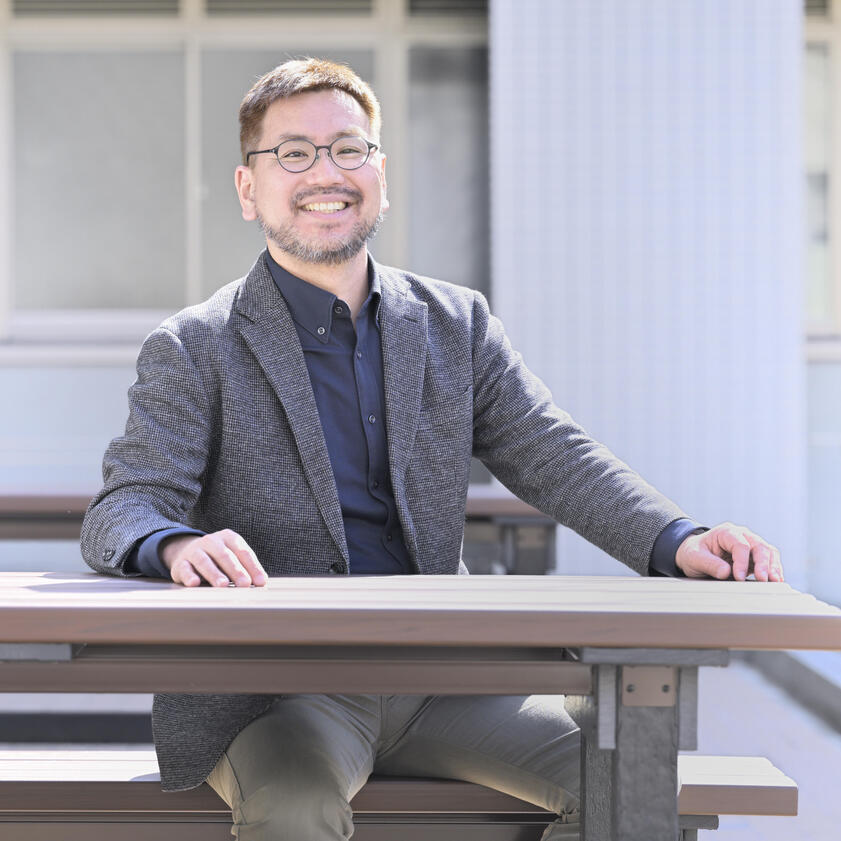
No. 49 July 23, 2025
Associate Professor Masanobu Sakamoto
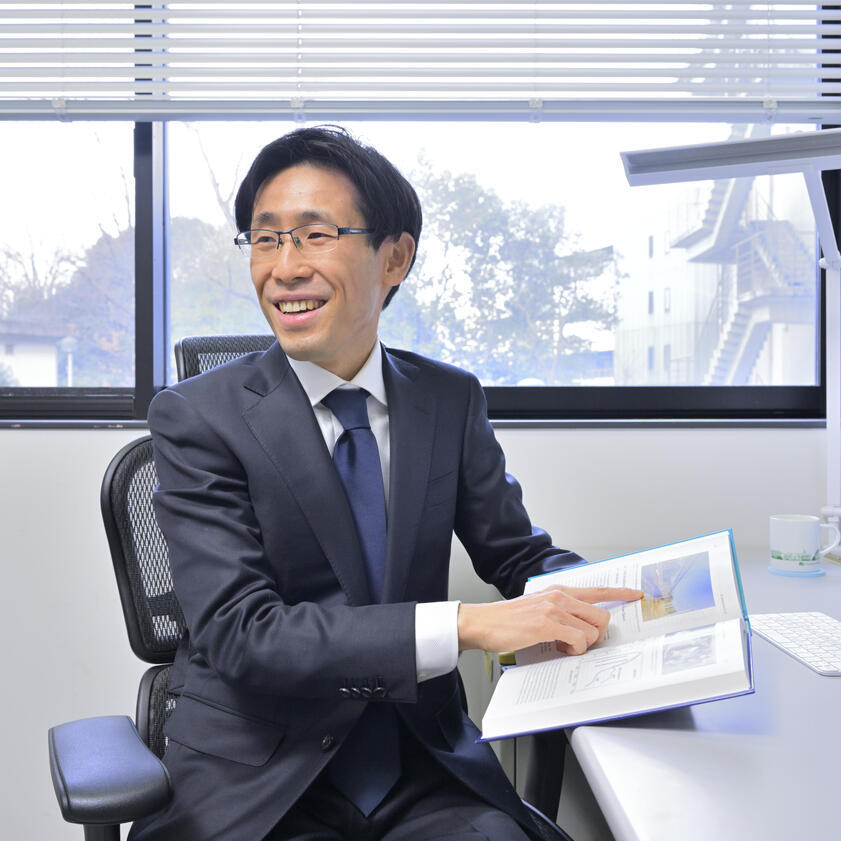
No. 48 June 27, 2025
Associate Professor Kazumasa Iwai
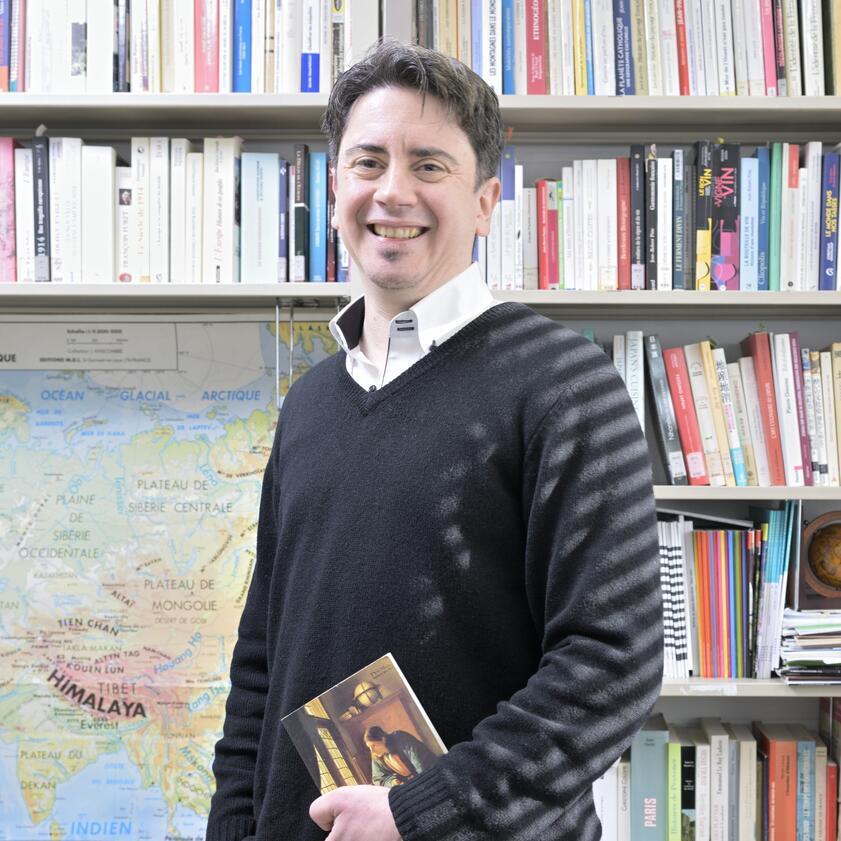
No. 47 May 2, 2025
Designated Associate Professor Nicolas Baumert
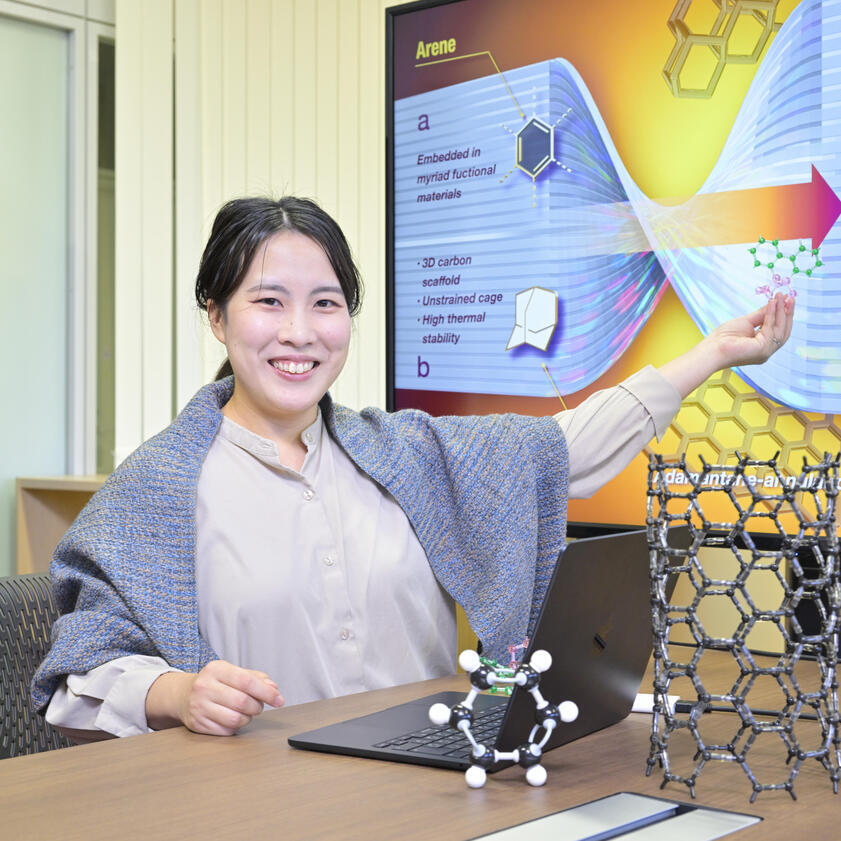
No. 46 March 17, 2025
Designated Associate Professor Akiko Yagi